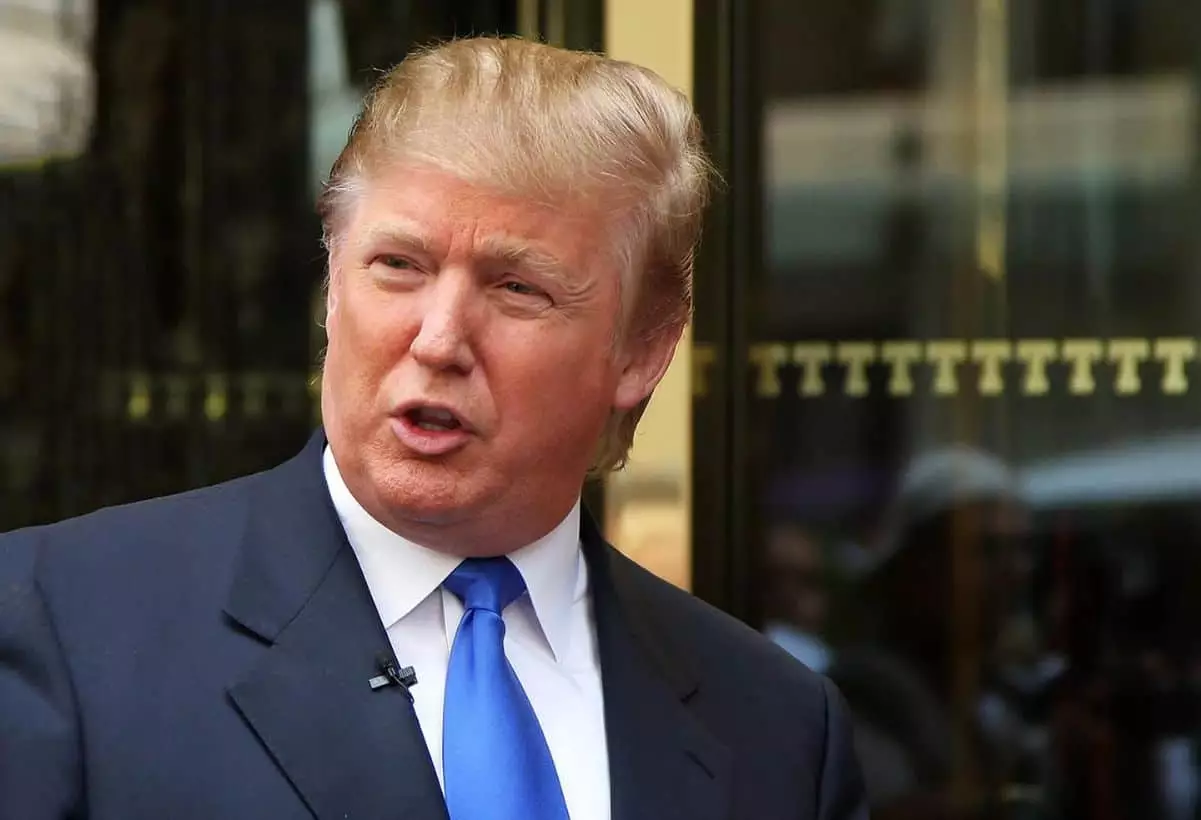In an audacious maneuver that any reasonable observer would regard as a potential conflict of interest, President Donald Trump has initiated a plan to create a strategic cryptocurrency reserve. Democratic Representative Gerald E. Connolly has publicly expressed his outrage, asserting that this move serves not the interests of the American public but rather those of Trump’s financial backers—including himself. Amidst the frenzy of cryptocurrencies, Trump’s executive order has generated not only controversy but also financial instability, stirring opposition that cannot be ignored.
At the heart of Connolly’s grievance is an allegation that the proposed reserve is orchestrated to benefit Trump’s already substantial financial portfolio. By establishing a firm footing in the cryptocurrency market, Trump appears to be leveraging public resources for personal gain. The dubious nature of such a plan raises serious ethical questions that should alarm anyone who values integrity in government. The notion that a sitting president would manipulate public policy to enrich his financial endeavors is not only irresponsible, but it also casts a long shadow over the integrity of financial regulations.
A Financial Bait-and-Switch
The proposal includes the establishment of a federal Bitcoin reserve initially funded by a stash of 200,000 Bitcoin that the government allegedly holds. On the surface, this ambitious move may seem to position the U.S. at the forefront of digital financial technology. However, diving deeper reveals that what is really at play is a thinly-veiled attempt to stabilize the beleaguered cryptocurrency market through governmental backing. With no clear legislative approval for such an initiative, one wonders if we are witnessing a financial bait-and-switch.
Moreover, Trump’s financial interests intersect dangerously with the proposed reserve, notably through his stake in the World Liberty Financial Initiative (WLFI). Given that any policy benefiting cryptocurrencies will potentially enhance the value of his investments, it is not hard to see why many critics, including Connolly, characterize this situation as a glaring conflict of interest. This begs the question: how can the administration possibly justify a strategy rooted in personal gain while obfuscating its true intentions?
The Fragility of Market Sentiment
The ramifications of Trump’s recent policies extend beyond mere ethical concerns; they infiltrate the very essence of market stability. Following the executive order that announced the cryptocurrency reserve, Bitcoin’s value plummeted from over $93,400 to a low of $77,234 in what felt like a flash, a substantial decline reflecting the existential uncertainty that often defines the crypto landscape. Although Bitcoin managed a partial recovery to $83,176, the fundamental chaos underpinning the market remains unaddressed.
The same can be said for altcoins, which also witnessed severe declines in value in the wake of the announcement. Ethereum, XRP, Solana, and Cardano all recorded double-digit dips, triggering a ripple effect of panic among investors. This is not merely a byproduct of bad market sentiment; it highlights a broader risk to economic stability if the U.S. government is perceived as endorsing a speculative and volatile asset class without appropriate checks and balances.
A Call for Accountability
As Connolly voices his concerns, the lack of congressional involvement is a glaring oversight in this high-stakes game. By taking these steps unilaterally, Trump risks alienating lawmakers from both sides of the aisle, and it ultimately undermines the collaborative nature of economic policy-making. This lack of transparency raises questions regarding accountability and trust—the cornerstones of any functioning democracy.
Furthermore, the Democratic representative has made it clear that this moment should not only serve as a wake-up call but also act as a chance for financial policymakers to rethink their strategies. If accountability measures are ignored, we may find ourselves at the mercy of a financial policy riddled with self-interest and undue influence.
Ultimately, as discussions around this controversial initiative unfold, it is crucial to recognize that negligence in oversight can have dire consequences—not only for the financial sector but also for the citizens who fund and are affected by these policies. The future of the U.S. economy hinges on swift and decisive action to quell this chaos and return to a model that prioritizes the public interest over personal gain. While Trump may tout innovative digital strategies, the core issue remains: are we willing to sacrifice integrity on the altar of ambition?

